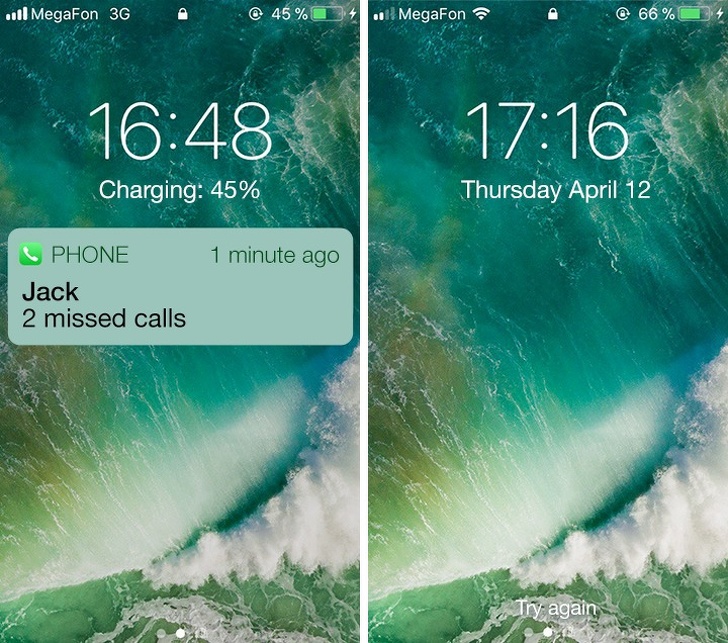Showing anger is taboo in modern society. We do not know how to correctly express negative emotions because we are not used to discussing or even showing them. That’s why many people live in a state of stress, constantly destroying themselves from within with unresolved anger and aggression. Psychologists are actively engaged in this problem and there is even an Anger Research Center in New York. We too can help our closest friends and family members deal with anger by competently responding to aggression from the outside.
We tried to collect the wisest and most effective models of behavior to display when dealing with someone who is angry with you. Reasonably or not, it doesn’t matter: the methods to solving the problem are the same.
Be kind and thoughtful during an argument.

When a person gets angry, it’s not their fault — their emotional state is to blame. Try to treat this angry person with kindness and a have a conscious desire to help. Help them to solve the problem and cope with their negative emotions.
Above all, do not say the phrase, “I want to help you.” It looks more like a display of pride, rather than sincere compassion. It would be much better to just silently give up your sense of self-importance and focus on understanding your common problem.
Control your own emotions.

You are invincible while you are experiencing destructive emotions. However, you become vulnerable as soon as you allow the anger to seize you. Do your best not to mirror an angry person and keep your mind cool. Only this way can you get out of the conflict without harming yourself.
Understand the problem.

Oftentimes, an emotional person cannot identify the cause of their indignation. They say a lot of superfluous things, get confused, and get lost. In order to solve the problem, it is important to fix everything as rationally as possible. The best strategy is to ask specific questions and clearly retell the answers the person gives you, repeating only the most important parts.
Do not make excuses.

The reasons why a person may be angry with you probably don’t bother them. It doesn’t matter what you say in your defense if they are too emotional. Whatever you do say, they will not sympathize with you until they calm down. And your most important goal should be to unwind them.
Aim toward solving a common problem.

When someone is angry with you, it is always a problem belonging to both you and the person who is angry. Your main goal is to solve this common problem.
Try to formulate the cause of the conflict as clearly and impartially as possible. This way you will be able to isolate the main issue and help the interlocutor to better understand themselves. Clarify every single point. What happened? What was bad about it? What did they expect to happen? What did not come together correctly?
Don’t be afraid to be wrong.

Do not think that you must be right just because you did not succumb to your emotions. It is possible that at the end of the conversation you will turn out to be wrong, and there is nothing wrong with that. Be prepared for the fact that your pride may get hurt and it may be you who ends up apologizing and correcting your mistake, even if at the beginning of the argument you were confident in yourself. Be prepared for any outcome —you will then be able to look at the problem calmly, with your eyes open.
Don’t pretend to be insensitive.

Do not try to pretend that you don’t care. It’s one thing if you really managed to stay calm and you actually control the situation: then it’s great. But it’s a completely different story if you are already hurt and are already angry. Attempts to keep yourself detached will only further inflame the interlocutor because it will simply look too unnatural.
Straight up ask what you can do to improve the situation.

The question, “What can I do?” can be very calming. It is a signal of trust, sincerity, and shows your desire to solve the problem. And it really helps to understand the issue as quickly, productively and rationally as possible.
Do not put yourself above the other person.

Anger is one of the most destructive and exhausting emotions. When your interlocutor gets angry, it does not mean that they’ve become a worse person than you. This means that they feel worse than you do. So the first thing you should want is to help them cope with their feelings. Try not to put yourself above them: this behavior is the most destructive of them all.
If one of you is not ready to talk, don’t be pushy.

If the interlocutor is so angry that they cannot perceive you adequately, then step back and wait for them to cool down. If you’re not ready to admit your mistake when there is one and speak on equal terms, again, step aside and give each other some space. Don’t enter into a dialogue while “unripe”. Trying to solve a problem before you’re both ready to do so is a bad idea.











